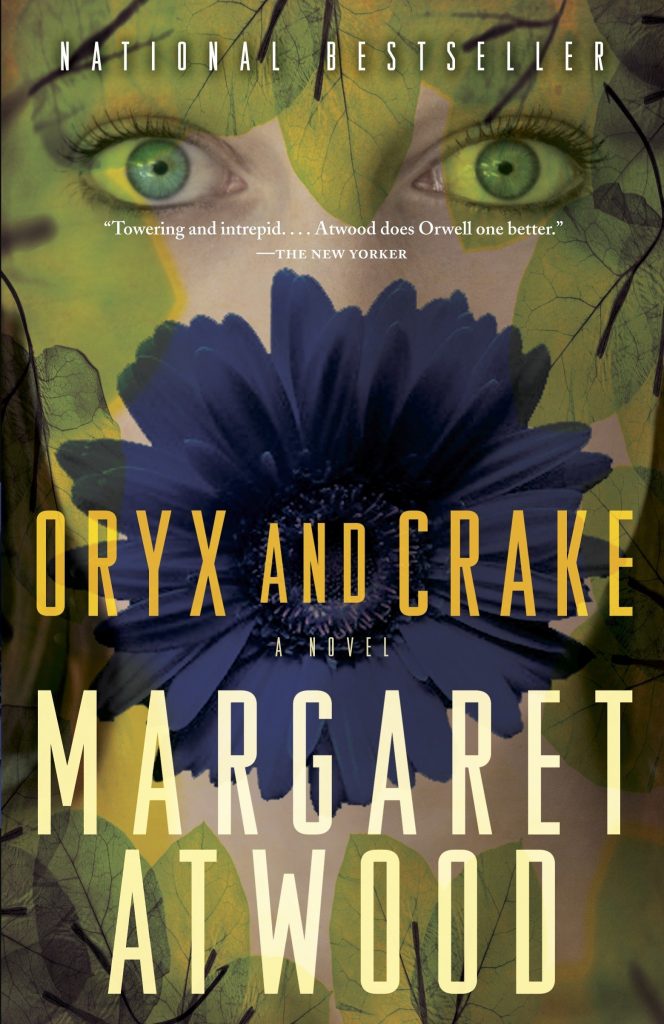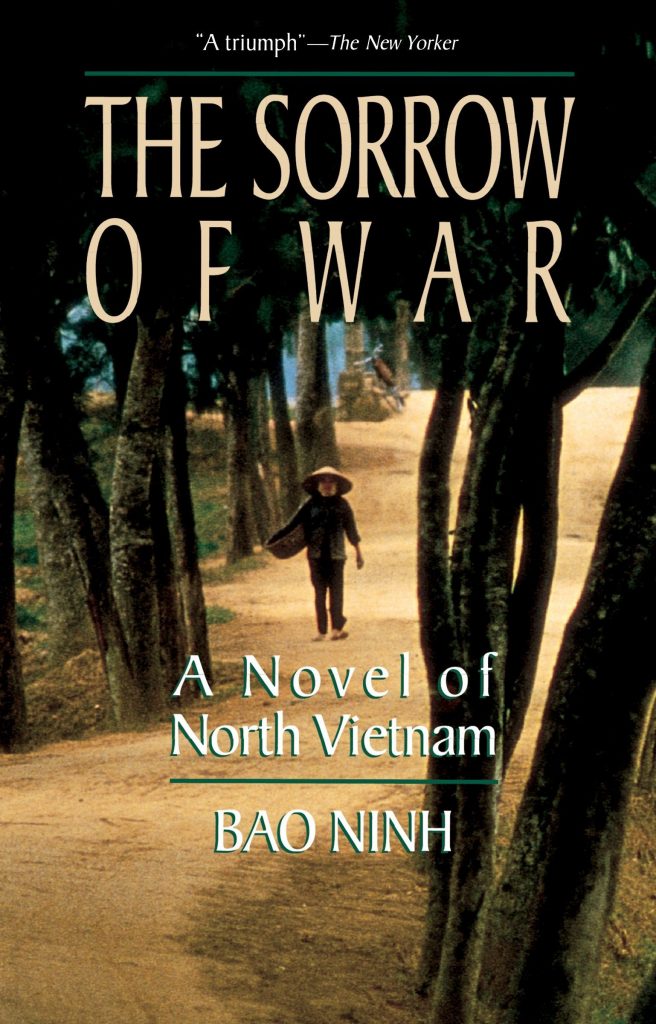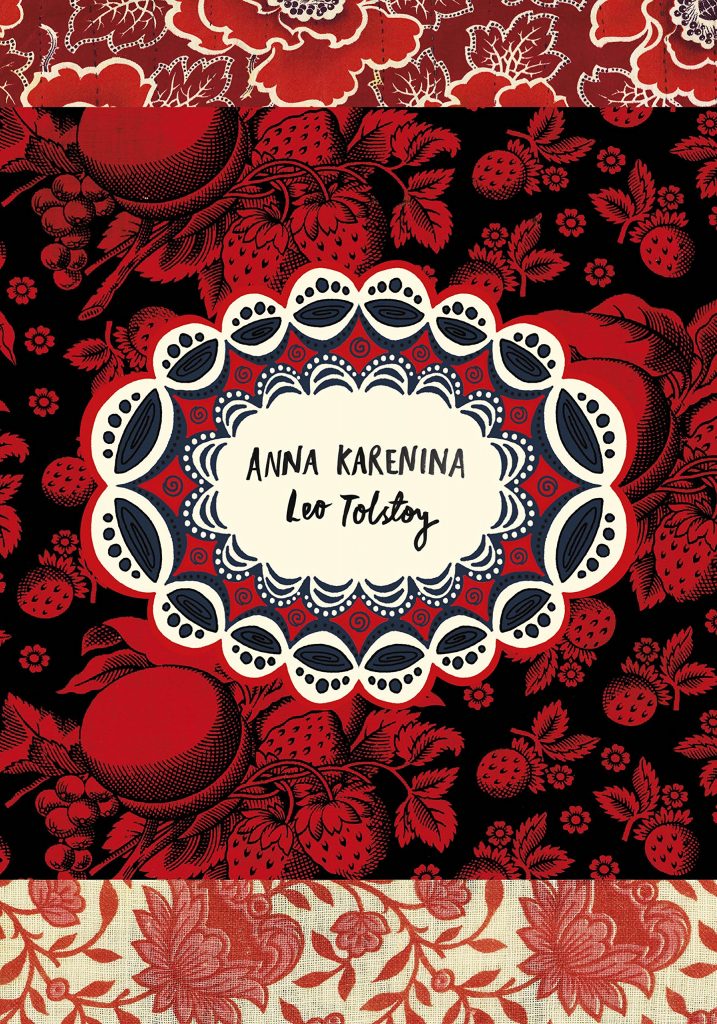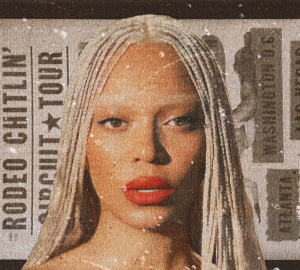If the sight of pink Walmart aisles and heart-decked storefront and chocolate-covered landscapes (very dangerous for dogs, mind) alarm as well as amuse you, perhaps you are in need of a Valentine’s Day antidote. Whatever romance novel you’re lifting from the shelf, put it back and go instead for love stories that go awry. And I don’t mean “Romeo and Juliet” type of awry. I mean the devastating, gut-wrenching, book-throwing kind that will make you look at the hearts and flowers and chocolate with a Nietzsche-like nihilistic dead-eye stare. Sounds fun, doesn’t it? Here are some suggestions!
1. “Oryx and Crake,” by Margaret Atwood
Alone in a post-apocalyptic Earth, a man struggles to survive while recollecting just how things have become the way they are. In the forefront of his memories are Crake — his genius, cynical best friend — and Oryx — the elusive woman they were both in love with.
True for most of Atwood’s speculative fictions, “Oryx and Crake” makes us question the fate of humanity amidst technological advances, as well as the nature and damages of love. Thoroughly tragic and deeply upsetting, this book is not for the impressionable or faint-hearted.

2. “The Sorrow of War,” by Bao Ninh
Previously published under the title “The Fate of Love,” Bao Ninh’s novel follows the Vietnamese solider Kien through the Vietnam War. Rather than indulging in political idealism, the book gets down to the visceral horror of combat and murder, of sacrifice and lost, and of the fate of something so delicate as love in a time of unending war.
Love and war, love in war, love after war — the two subjects intertwine and untangle to paint a picture of humanity, especially how it can be blasted away and recovered, how it can change and mutate under violent emotions such as mortal fear and overwhelming passion. The message is straightforward and simple: all wars are terrible wars, and through them love cannot live. But it doesn’t die, either.

3. “Anna Karenina,” by Leo Tolstoy
The novel starts when Anna Karenina, an aristocrat, abandons her husband and subdued life for her lover, pursuing a passion that catapults her into a series of miseries and misfortunes.
If we look past the political and social commentary and focus on the romance, “Anna Karenina” would still remain a devastatingly epic masterwork. Nine hundred pages of the struggle between explosive romantic passion and rigid social convention would give you agitation, hopelessness, even despair, but never boredom.

So why read these books? Why bum yourself out on the most romantic day of the year? Well, I suppose that in a time when love is so commercialized and consequently presented at its shiniest, it’s important to remember the nature of the feeling. For many, it’s a feeling of peace and security and trust, but for many of us less-balanced fellows, it’s can be an overwhelming force. A real, visceral, turbulent feeling just like every other strong emotion like hatred or anger or envy. And, like other strong emotions, it tells us a lot about what we really are and what we are capable of.
Romance allows you to let others give you peace. But it can also let you destroy yourself. I bet you don’t see that message very often on chocolate boxes.
So, on a day that we celebrate love, let’s celebrate all of it. Be aware of it. Appreciate it. Try to understand it. And, if you’re brave enough, accept it, and give yourself up to romance, no matter the consequences. Perhaps, as a romantic might put it, it’s simply something you have to do because you are alive.


























